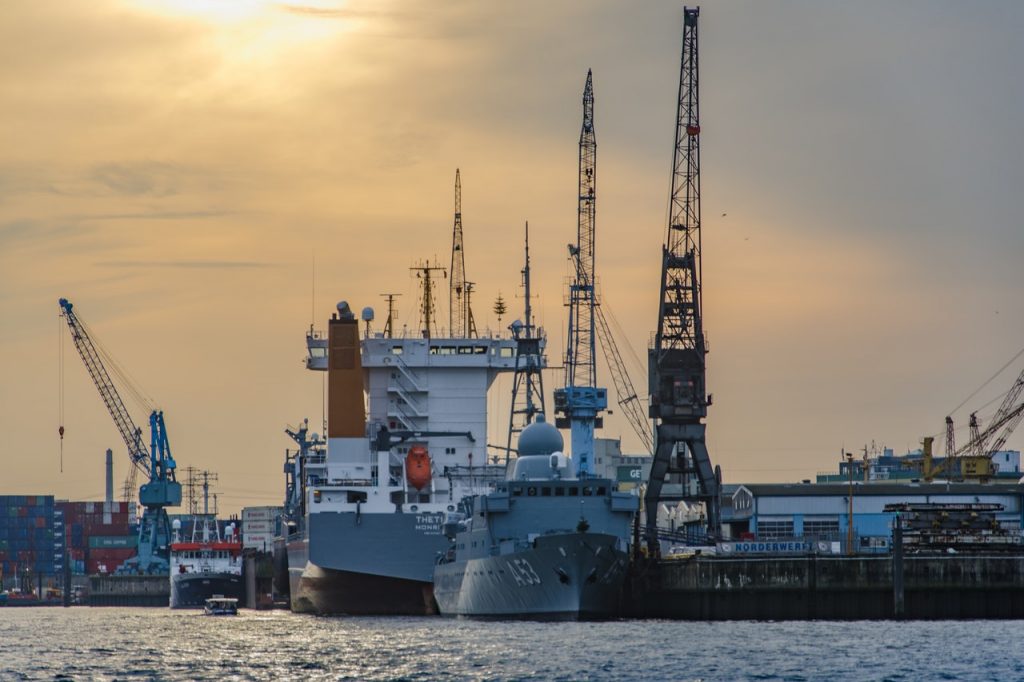You may either use a freight forwarder or book a shipping line directly to shipping commercial or domestic goods. There are special roles for freight forwarders and shipping lines, which may create confusion if issues arise during transit. We’ve clarified what each one is and their main differences to clear things up.

What’s a Freight Forwarder and a Shipping Line?
Via cooperation with shipping lines, truck companies, and so on, a freight forwarder provides the services required to import and export goods. A shipping line is a corporation that manages the container ships that transport to the destination port from the cargo port. The freight forwarder does not operate these container ships; they operate with the shipping lines to carry their products.
Roles and Responsibilities
The freight forwarding company arranges the facilities you need to ship your goods overseas. This means that the transportation of the items
is completed by other service suppliers, including shipping lines.
Consider the shipping from Singapore to Australia process from start to finish, including packaging goods in the destination country for delivery. Throughout the entire process, a freight forwarder is there, coordinating all the services that connect seamlessly. They will manage the careful packaging of merchandise, transport the goods to Singapore’s port, and shipping abroad. This covers any difficult documents, as well as smooth customs clearance.
Once the goods are received at the dock, the shipping line is liable before they arrive at the destination port. If your things are damaged or lost, marine insurance protects you, so taking out cover is highly recommended.
Although freight forwarders provide various modes of transportation by sea, air, or land, a shipping line typically specializes only in one of these regions. To ensure your goods arrive as soon as possible, a freight forwarder may choose the best route.
Why Should I Use a Freight Forwarder?
Freight forwarders, taking care of the operation, make shipping fast, so you don’t have to. They carefully schedule the best way to bring the cargo to its destination and have unique arrangements to negotiate fair rates with the shipping lines.
Freight forwarders add freight from different customers to reduce prices, suitable for those moving in limited quantities. They strive to bring goods to their destination as easily and cheaply as possible, using their experience and careful planning. If required, they will also complete any paperwork on your behalf.
Freight forwarders provide one point of contact, meaning you won’t need to contact each service provider individually. Shipping lines may not offer transport services to and from the port, so you may need to arrange these separately if you book directly with them.
